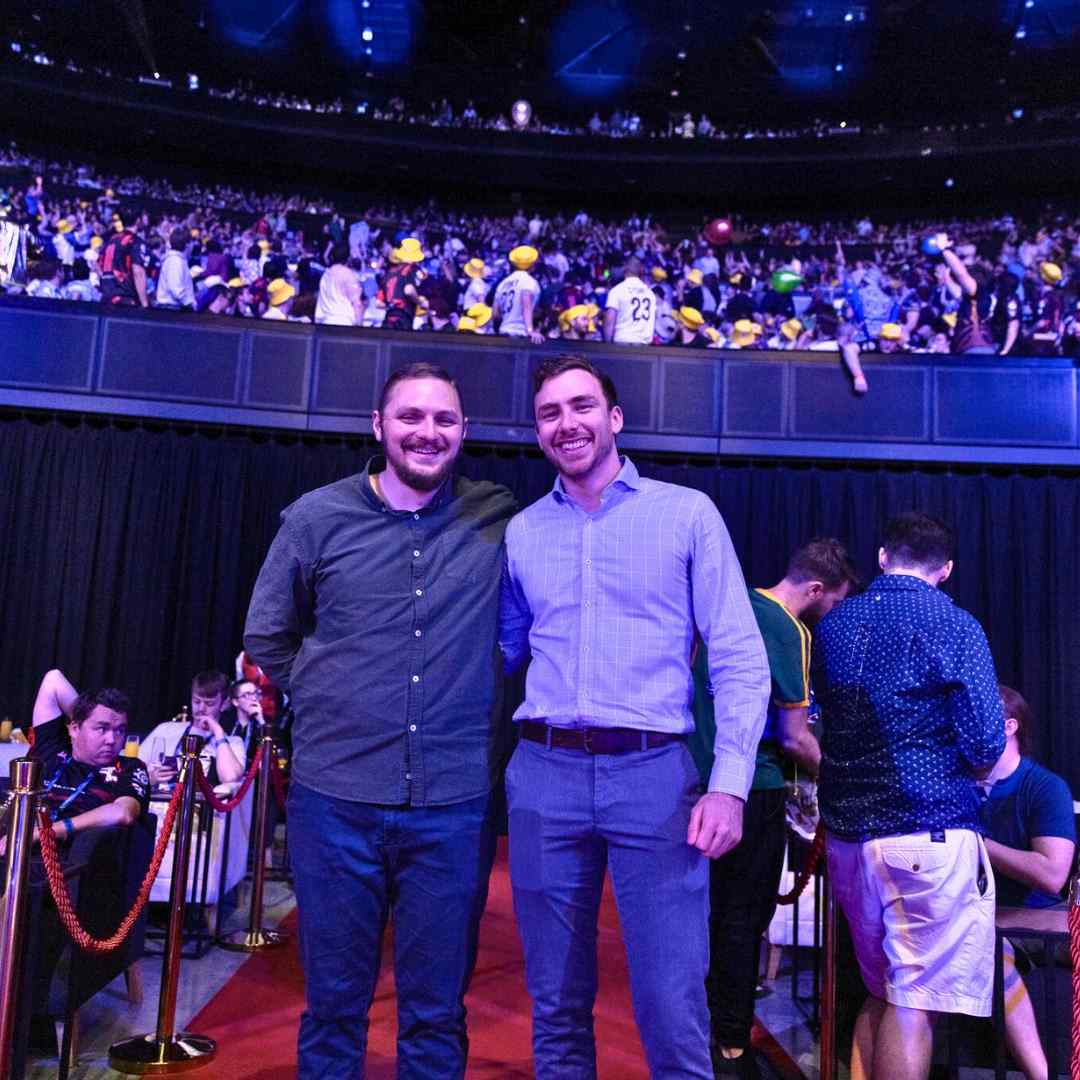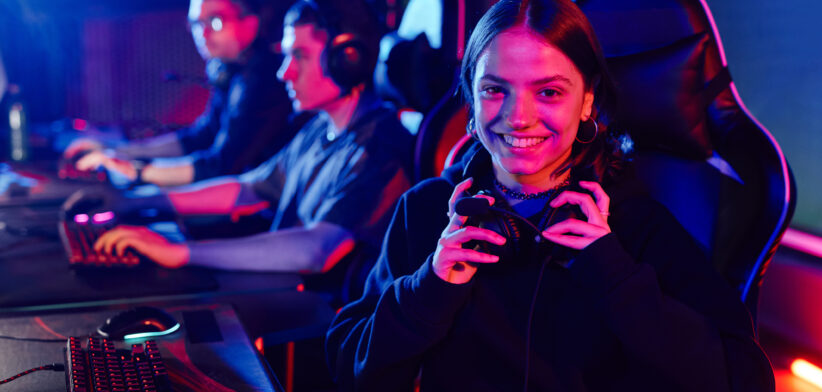Young Australians are embracing esports as a serious alternative to traditional physical sport. This is prompting a new tranche of research to find ways to negate the mental and physical downsides.
Southern Cross University is offering two new scholarships for PhD candidates as part of this “counterstrike” against potential unhealthy outcomes from esports.
Southern Cross lecturer and researcher Dylan Poulus said, while Rugby League was huge in Australia, it was “absolutely dwarfed” by the emergence of esports.
“More and more young Aussies would now rather watch their favourite person play Counter-Strike or League of Legends than watch their favourite league team,” Dr Poulus said.
“Yet we don’t have formal clubs, we don’t have psychologists and sports and exercise scientists who know how to work with young people who are playing these games.”
An estimated three billion people globally play esports or video games around the world, including around 17 million Australians according to the Digital Australia 2022 report.
This has raised the spectre of esports being played in sold-out stadiums and monitored on large screens for millions of dollars in prize money.
Southern Cross positioned itself as a leader in esports research in 2023 after securing the Australian Institute of Sport’s first esports grant to study factors of success.
The new PhD scholarships will explore the factors behind healthy, enduring esports participation and how to optimise performance.
Esports involves organised, multi-player video games played competitively for spectators, typically by teams of professional “athletes”.
“We are taking the stance that you can’t just say to young people, ‘don’t play video games’, it doesn’t work,” Dr Poulus said.
“The heart of what we’re doing at Southern Cross University is finding out how can we help people create healthy and long-lasting engagement with esports.”
“We’re moving rapidly towards this science-backed, high-performance, mental coaching space to achieve these millions and millions of dollars in front of millions and millions of fans.”
Elite esports teams have been known to engage strength and conditioning coaches, sports psychologists, wellbeing counsellors and dieticians to prevent ill-effects from the sedentary, isolating, repetitive and high stress nature of gaming.
Southern Cross researcher and Senior Sports Science Lecturer Kyle Bennett said the stereotype of a lone gamer in a dark room did not always reflect reality in 2024.
“Really high performing esports athletes purposefully engage in physical and social activity outside of the competitive environment, and they are very intentional about their sleep and nutrition,” Dr Bennett said.
“Some kids who don’t play traditional sports have never had that proud mum and dad moment, where they’re sitting in the stands watching them play.
“We want to recreate that for a group of young people who don’t typically experience those magic moments, social connections or that sense of community.”
Details on the PhD candidate scholarships can be found on the Southern Cross University website.









